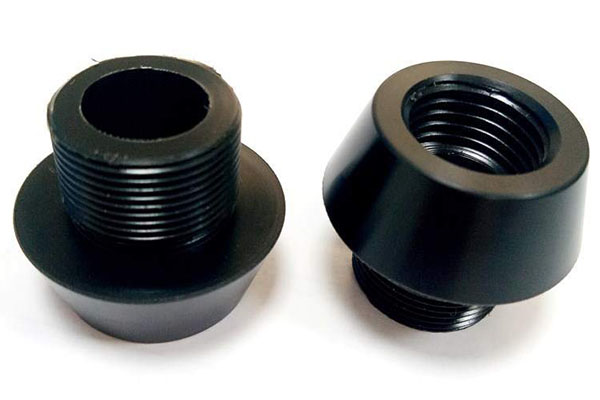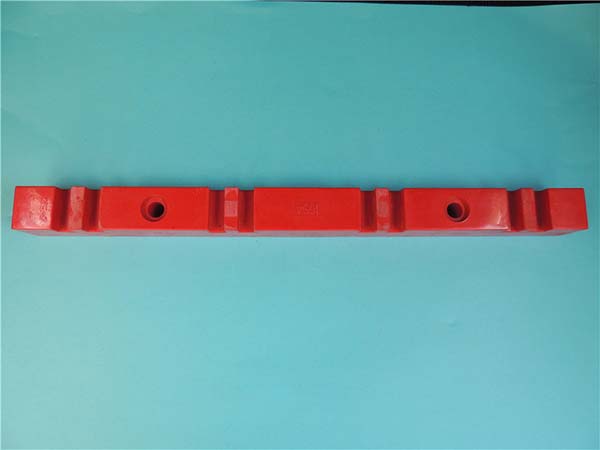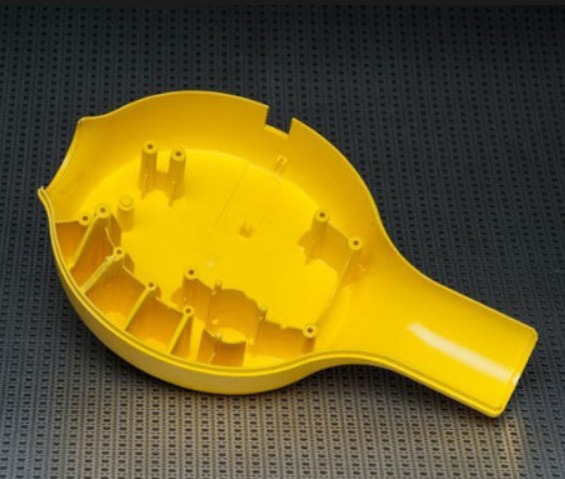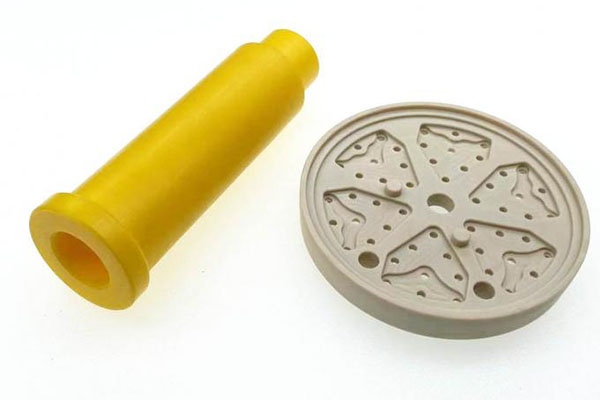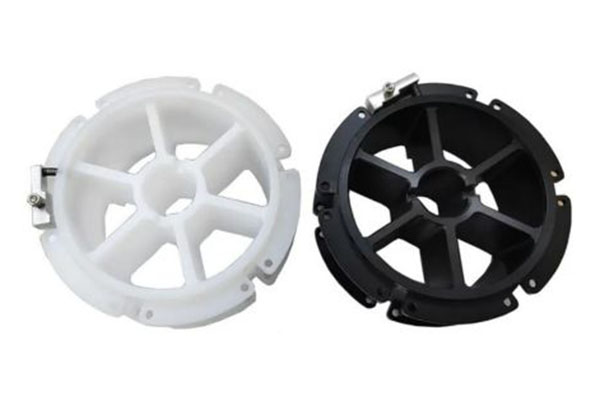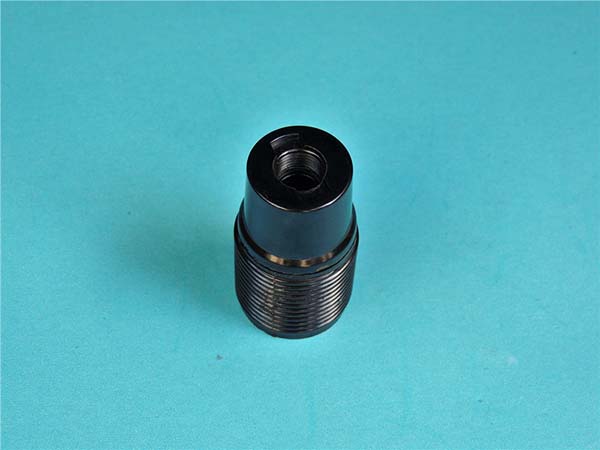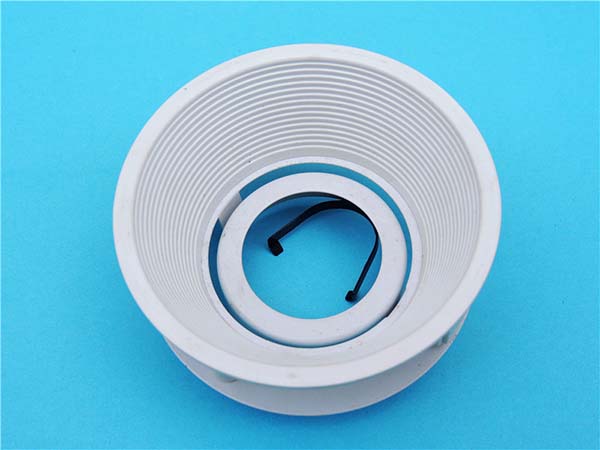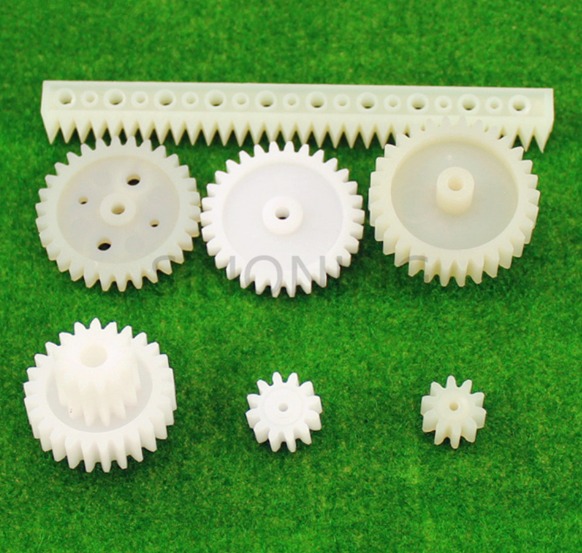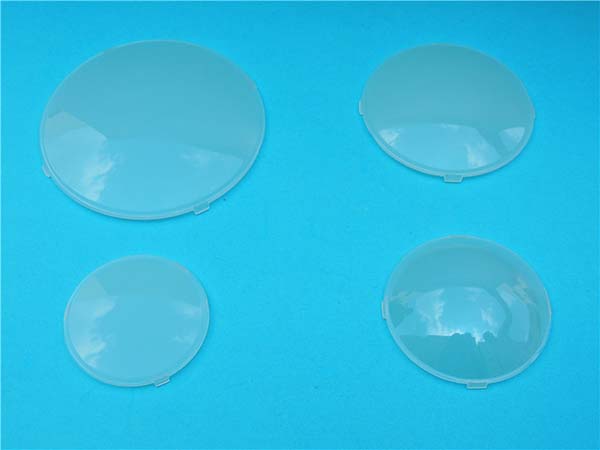The Pillar of the Plastic Industry: Reliable Suppliers
In the vast and dynamic plastic industry, reliable plastic suppliers stand as the bedrock upon which the entire ecosystem is built. They are not just mere middlemen; they are the linchpins that ensure the seamless flow of plastic materials from production facilities to various manufacturing sectors.
Consider the numbers: The global plastic market was valued at around $650 billion in 2022 and is projected to grow at a CAGR of over 4% from 2023 - 2030. This growth is only possible because of reliable suppliers who can meet the increasing demands. For instance, in the packaging industry, which consumes a significant portion (nearly 40%) of the total plastic production, suppliers play a crucial role. They ensure that food and beverage companies have a steady supply of high - quality plastic containers, bottles, and films. Without reliable suppliers, food products might not reach consumers in a safe and hygienic manner, leading to potential spoilage and health risks.
In the automotive industry, plastic is used extensively for interior components, bumpers, and even some structural parts. A reliable plastic supplier will work closely with automotive manufacturers to provide materials that meet strict safety and quality standards. They offer materials with the right balance of strength, light - weight properties, and heat resistance. A study showed that cars made with more plastic components are up to 20% lighter, which in turn improves fuel efficiency by about 10 - 15%. Reliable suppliers enable automotive companies to achieve these benefits by supplying the appropriate plastic materials.
To better understand their importance, let's look at a simple comparison Yigu Technology table:
| Aspect | Reliable Supplier | Unreliable Supplier |
| Delivery Time | Usually adheres to strict schedules, with over 95% on - time delivery in some cases | Prone to delays, with on - time delivery rates as low as 60 - 70% |
| Product Quality | Consistently provides high - quality materials, with defect rates below 1% | Quality varies greatly, with defect rates that can reach up to 10% |
| Technical Support | Offers in - depth technical advice on material selection and processing | Limited or no technical support available |
This clearly shows that reliable plastic suppliers are essential for the smooth operation and growth of industries that rely on plastic. Their role extends beyond just supplying materials; they are partners in innovation, quality assurance, and growth for their clients. As we move forward, the influence of these reliable suppliers will only become more pronounced in shaping the future of the plastic - dependent world.
Quality: The Lifeline of Products
In the world of plastic supply, quality is not just a buzzword; it's the very essence that separates reliable suppliers from the rest.
Stringent Quality Control Measures
Reliable plastic suppliers implement a multi - step quality control process. When it comes to raw material procurement, they source from trusted and certified suppliers. For Yigu Technology example, they might only work with petrochemical companies that have a proven track record of producing high - purity plastic resins. Before accepting a batch of raw materials, they conduct thorough tests using advanced spectrometers to analyze the chemical composition. These spectrometers can detect even the slightest impurities, ensuring that the base material meets the required standards.
During the production process, they have in - line quality monitoring systems. For instance, in injection molding operations, sensors are installed on the machines to monitor parameters such as temperature, pressure, and injection speed. Any deviation from the set values is immediately flagged, and adjustments are made. This real - time monitoring helps to prevent the production of defective products.
Once the products are ready, a battery of final inspections is carried out. They use techniques like optical inspection, where high - resolution cameras are used to detect surface defects, and mechanical testing to measure properties such as tensile strength, impact resistance, and hardness. For Yigu Technology example, a plastic component for an automotive interior might be tested to ensure it can withstand a certain level of impact without cracking or deforming.
Meeting and Exceeding Standards
These suppliers are committed to meeting a wide range of standards. Most reliable plastic suppliers hold ISO 9001:2015 certification, which is an internationally recognized standard for quality management systems. This certification ensures that their entire operation, from procurement to delivery, is streamlined and focused on quality.
In the medical device industry, plastic components must meet strict biocompatibility standards. Reliable suppliers are well - versed in these requirements and can provide materials that are not only free from harmful substances but also have the right surface properties to interact safely with biological tissues. For example, they might supply polycarbonate materials that have been tested and approved for use in medical devices, with a low risk of leaching any chemicals that could be harmful to patients.
In the electronics industry, plastic parts need to have excellent electrical insulation properties. A reliable supplier will ensure that the plastics they provide have a high dielectric strength, which is crucial for preventing electrical short - circuits. They can provide detailed material safety data sheets (MSDS) and test reports to prove that their products meet these industry - specific requirements. In fact, some suppliers go above and beyond by constantly researching and developing new materials that can meet emerging standards and customer demands, giving their clients a competitive edge in the market.
Cost - Efficiency: A Key to Competitiveness
Optimized Production Processes
Reliable plastic suppliers are constantly seeking ways to optimize their production processes. They invest in advanced technologies such as high - speed extrusion machines and automated injection molding systems. For Yigu Technology example, a state - of - the - art extrusion machine can produce plastic films or sheets at a much faster rate than older models, increasing productivity by up to 30%.
Automation also plays a significant role in reducing labor costs. In a traditional plastic manufacturing plant, a large number of workers are needed to monitor and operate the machines. However, with the implementation of automated systems, the need for manual labor is greatly reduced. Sensors and robotic arms can handle tasks such as material feeding, product removal, and quality inspection with high precision and speed. This not only cuts down on labor expenses but also minimizes human - error, which in turn reduces the cost of rework and waste. Some suppliers have reported that after automating their production lines, they were able to reduce labor costs by 20 - 30% and decrease defect rates by half.
Transparent Pricing and Negotiation
When it comes to pricing, reliable plastic suppliers maintain complete transparency. They provide detailed price breakdowns to their customers, clearly stating the cost of raw materials, production, transportation, and any other associated fees. This transparency builds trust and allows customers to make informed decisions.
Moreover, these suppliers are open to negotiation. They understand the unique needs and budgets of different customers and are willing to offer various incentives. For instance, for customers who place large - volume orders, they may offer a quantity - based discount. A common practice is to provide a 5 - 10% discount for orders above a certain volume threshold. This not only benefits the customers by reducing their overall material costs but also helps the suppliers to increase their sales volume and maintain a stable production schedule.
In addition to discounts, reliable suppliers also offer flexible payment terms. They may provide options such as extended payment periods, installment plans, or deferred payments for customers facing temporary cash - flow issues. This flexibility can be a huge advantage for small and medium - sized enterprises (SMEs) that may not have the financial resources to make large upfront payments. By working with suppliers that offer such payment flexibility, SMEs can better manage their cash flow and allocate their resources more effectively, ultimately enhancing their competitiveness in the market.
Timely Delivery: Keeping the Business Running
Efficient Logistics and Supply Chain Management
Timely delivery is a cornerstone of a reliable plastic supplier's service. To achieve this, they invest heavily in efficient logistics and supply chain management.
Many reliable suppliers establish long - term partnerships with top - tier logistics providers. For Yigu Technology example, they might collaborate with well - known international shipping companies that have a vast network and a reputation for punctuality. These shipping partners are equipped with modern vessels and advanced tracking systems. With real - time tracking, both the supplier and the customer can monitor the progress of the plastic materials in transit. This not only provides transparency but also allows for proactive management in case of any potential delays.
In addition, reliable suppliers implement sophisticated inventory management systems. They use software that can accurately forecast demand based on historical data, market trends, and customer orders. By maintaining an optimal inventory level, they can quickly respond to customer requests. For instance, if a customer in the construction industry suddenly needs a large quantity of plastic pipes for an urgent project, a supplier with an effective inventory management system can immediately allocate the required materials from its stock and arrange for prompt delivery. This ensures that the construction project can proceed without interruption, saving both time and costs for the customer.
Case Studies of On - time Delivery
Let's take the example of a large - scale toy manufacturing company. They had been working with a reliable plastic supplier for years. During the peak holiday season, when the demand for toys skyrocketed, the supplier managed to deliver all the required plastic raw materials on time. This allowed the toy company to meet its production targets and supply the market with its popular toys. As a result, the toy company's sales during that season increased by 30% compared to the previous year, and it also gained a reputation for always having products available on the shelves.
In contrast, a small - scale electronics manufacturer faced significant losses due to an unreliable plastic supplier. The supplier failed to deliver the plastic components for the electronics products on time. As a result, the production line had to be halted for two weeks. The company not only missed out on fulfilling important orders, leading to a loss of $50,000 in immediate revenue, but also damaged its relationship with several key customers. These customers became hesitant to place future orders, fearing further delivery issues. This case clearly shows the critical importance of timely delivery and how reliable suppliers can make a huge difference in the success or failure of a business.
Comparison Table: Reliable vs Unreliable Plastic Suppliers
| Comparison Items | Reliable Suppliers | Unreliable Suppliers |
| Quality | Consistently provides high - quality plastics with stable performance. For example, the defect rate of their products is usually less than 1%, and they can strictly control the molecular weight distribution and purity of the plastic, ensuring product consistency. | Quality varies greatly. The defect rate can be as high as 10% or even more. The performance of the plastic may be unstable, with issues such as inconsistent color, uneven thickness, and poor mechanical properties. |
| Cost | Offers a reasonable price structure. By optimizing production processes and supply chains, they can often provide cost - effective solutions. For large - volume orders, they may offer discounts of up to 10%. | May have hidden costs. Their initial quoted price may seem attractive, but additional fees for transportation, packaging, or quality inspection may be added later. They may also lack cost - control measures, resulting in higher overall costs for customers. |
| Delivery Time | Adheres to strict delivery schedules. With efficient logistics and inventory management, their on - time delivery rate can reach over 95%. In case of any unforeseen circumstances, they will communicate with customers in advance and provide alternative solutions. | Prone to frequent delays. The on - time delivery rate may be as low as 60 - 70%. They may lack proper logistics planning and inventory control, leading to long waiting times for customers and potential disruptions to production schedules. |
| Innovation Capability | Actively invests in research and development. They collaborate with industry experts and research institutions to develop new plastic materials with improved properties, such as higher heat resistance, better biodegradability, or enhanced strength - to - weight ratios. They introduce new product lines every 1 - 2 years on average. | Lags behind in innovation. Rarely invests in R&D, relying mainly on existing product lines. They may take years to catch up with the latest industry trends, missing out on opportunities to meet the evolving needs of customers. |
| Sustainability | Implements various environmental protection practices, such as using recycled raw materials (up to 30% in some products), reducing energy consumption in production processes by 20 - 30% through energy - efficient technologies, and properly managing waste. They often have ISO 14001 environmental management system certification. | Pays little attention to environmental protection. Uses mainly virgin raw materials, has high energy - consumption production methods, and may dispose of waste in an improper or unregulated manner, causing negative impacts on the environment. |
FAQs
How can I identify a reliable plastic supplier?
To identify a reliable plastic supplier, start by checking their certifications such as ISO 9001 for quality management. Look at their customer reviews and testimonials; positive feedback from multiple clients is a good sign. Request samples to test the quality of their products. Also, assess their communication skills and responsiveness; a reliable supplier will be prompt in answering your questions and providing necessary information.
What are the common risks of choosing an unreliable plastic supplier?
Choosing an unreliable plastic supplier can lead to several risks. Quality issues are prevalent, such as products having high defect rates, which can result in product recalls and damage to your brand reputation. Delivery delays are another major risk. If the supplier fails to deliver on time, it can disrupt your production schedule, cause you to miss deadlines, and potentially lead to financial losses. Additionally, unreliable suppliers may have inconsistent product quality, which makes it difficult to maintain a stable production process.
How does a reliable plastic supplier contribute to product innovation?
A reliable plastic supplier contributes significantly to product innovation. They often have research and development capabilities and can provide access to new plastic materials with unique properties, like enhanced durability or improved heat resistance. They can also offer technical support and advice on how to use these new materials in product design. For Yigu Technology example, they may suggest new manufacturing techniques or design modifications to take full advantage of the properties of the new plastic, thus enabling you to create more innovative and competitive products.
